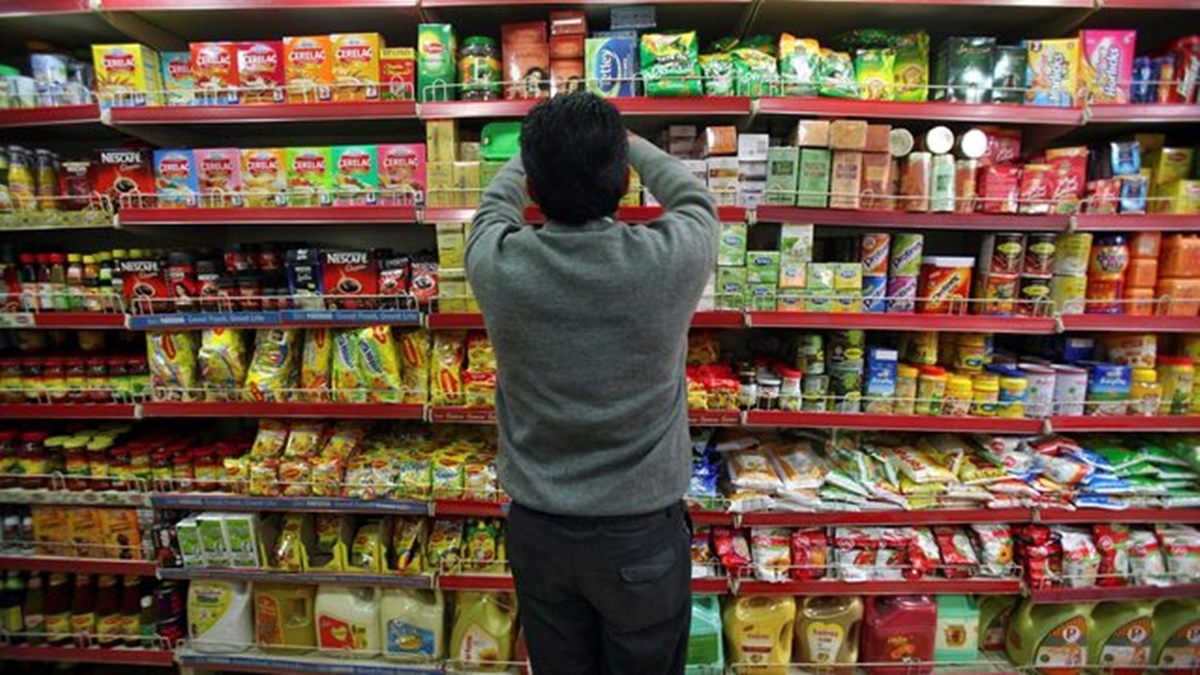The fast-moving consumer goods (FMCG) sector is bracing for potential price increases, as the prices of essential agricultural commodities remain stable. While the prices of crude oil derivatives are currently manageable, industry insiders predict that food companies will continue to raise prices. On the other hand, home and personal care (HPC) brands are expected to tread carefully after having already adjusted prices in recent months.
Price Trends in the FMCG Landscape
The FMCG commodity space can be divided into two segments: agricultural products and those linked to crude oil. According to Sachin Bobade, director of equity research at Dolat Capital, food companies are likely to implement small price hikes due to persistent food inflation. However, HPC firms may remain cautious due to sluggish urban demand.
- Nestle and Britannia have indicated that they will incrementally raise prices to combat inflation.
- Godrej Consumer Products (GCPL) has stated it will hold off on increasing soap prices, despite rising costs in palm oil.
- Both Hindustan Unilever (HUL) and GCPL, the leaders in the soap market, recently raised their soap prices by 10%.
In the tea segment, HUL and Tata Consumer Products have also increased prices by 5-10% in recent times.
Focus on Volume Growth Amid Cost Pressures
GCPL recently shared its Q4 business update, emphasizing the importance of reviving volume growth while maintaining EBITDA (earnings before interest, tax, depreciation, and amortization) margins despite rising costs associated with palm oil and its derivatives. The company is optimistic about meeting its growth objectives.
Key products affected by these pricing strategies include:
- Soaps
- Washing powders
- Toothpastes and creams
- Snacks
Commodity Price Fluctuations and Their Impacts
Recent trends show a decline in prices for crude palm oil, Arabica, and Robusta coffee, with decreases ranging from 5-14% over the past month. However, the effects on FMCG companies may not be immediate. In contrast, copra prices have surged by nearly 19%, leading companies like Marico, which produces Parachute Coconut Oil, to adopt a more conservative approach regarding future pricing strategies.
Marico noted that its Coconut Oil sales experienced a temporary slowdown in Q4, attributed to elevated consumer prices and changes in pack sizes. The company anticipates that sales will recover as consumer spending stabilizes, aided by a seasonal decline in copra prices.
The Road Ahead for FMCG Companies
Motilal Oswal, a brokerage firm, has highlighted the high input costs associated with copra as a significant challenge for Marico’s EBITDA margins in the near term. Nevertheless, the brokerage remains optimistic about the company’s long-term prospects, forecasting double-digit growth in revenue and EBITDA, driven by product diversification and innovative business strategies.
In conclusion, as the FMCG landscape continues to navigate fluctuating commodity prices, companies will need to balance price adjustments with consumer demand to ensure sustained growth.











